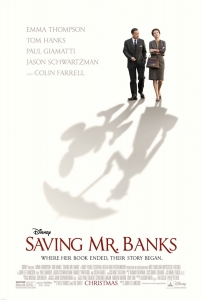FSCS Compensation Scheme
FSCS Compensation Scheme – TV Advert
The FSCS are about to launch a new TV advert to remind everyone that the first £85,000 of savings are protected. This is per person per Bank – however please be aware that some banks share banking licenses and as a result you are only covered per person per Banking license. There are a few obvious ones that you will know, but there are several that you might not, so do check.
The FSCS £85,000 limit applies to cash, not investments, which are protected under different rules. Anyway, here is Fearne Cotton, talking about her earlier financial life, I imagine that £85,000 of protection is probably rather small beer for her these days. So if you have an account with a large sum in it, say £500,000 you are only protected for the first £85,000. I don’t wish to be alarmist, but this is really little more than a comfort blanket. Whilst FSCS has protected some investors with large payments (I’m thinking of the Icelandic banks) in practice if one of the big four UK banks collapsed, I don’t really think it is going to be much of a guarantee.
If you would like to check banking licenses for Banks, click here. If you wish to check licenses for Building Societies please click here. Don’t forget, unless you are an existing customer, each Bank or Building Society will need to verify your identity and residency. For the record, the FSCS is funded by financial advisers and financial institutions as part of our annual fees and levies. So for those that are minded to lobby for higher levels of protection (than £85,000) be advised that ultimately it is the saver that pays.
Dominic Thomas


